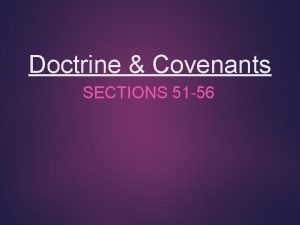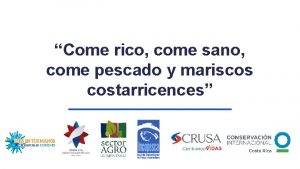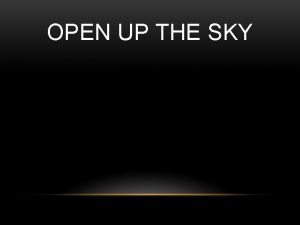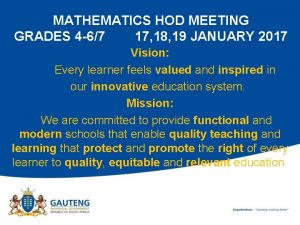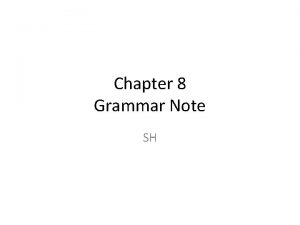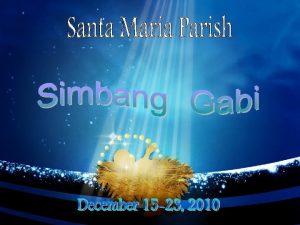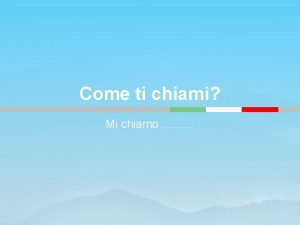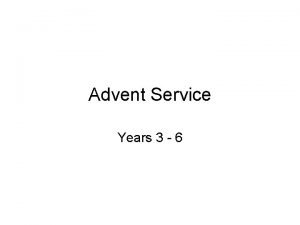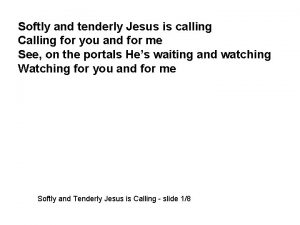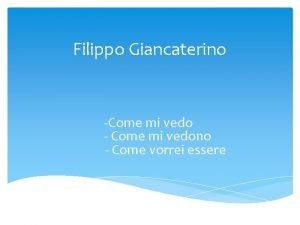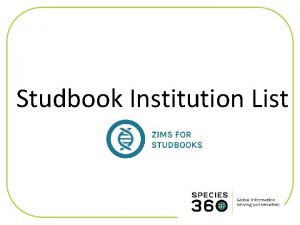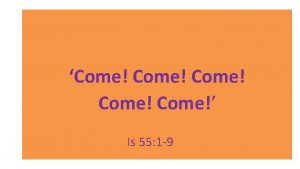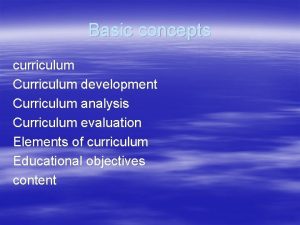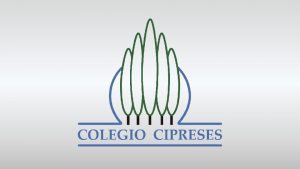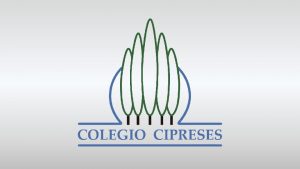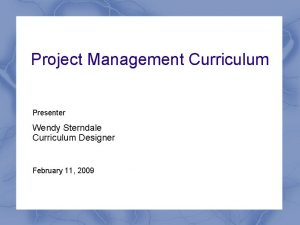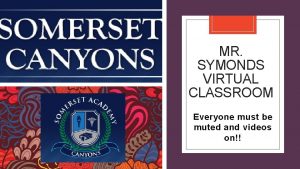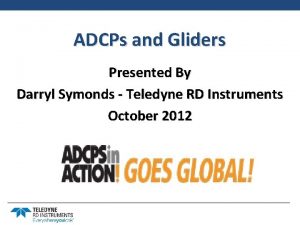Come meet Curriculum Management Presenter Dan Symonds Institution















- Slides: 15

Come meet Curriculum Management Presenter: Dan Symonds

Institution Facing Curriculum Management Student Facing 2. People and Permissions 9. Academic Planning 6. Program Offering 3. Course Offering 10. Academic Record 4. Course Registration 7. Program Enrollment 5. Course Assessment 9. Academic Planning 1. Setup 8. Program Assessment

Objectives § Provide a conceptual understanding of the Curriculum Management module § § Focus on Course and Program Focus on CM concepts important to understanding Enrollment Functionality 3

What is a “Learning Unit” § Concept representing any component of learning completed as part of the student learning experience § § Represent the core products of the institution § Flexible enough to support a wide diversity of learning experiences Can be highly regimented and coordinated or flexible and loosely coupled activities 4

Types of Learning Units § § § Courses Programs Projects § § Experiential Learning § § Thesis Research, Dissertation Research, Independent Projects, Performance Projects Internships, Externships, Cooperative Work Study, Practica, Life Experience Examinations and Competencies § Comprehensive or Qualifying Exams, Competency Exams, Music Juries, Doctoral Dissertation Defense 5

Curriculum Management § Controls the creation and management of an institution’s inventory of learning experiences (LUs) § § Viewing, creating, modifying, retiring curricula § Enables curriculum managers to understand the relationships/dependencies between curricula Development and approval of curricula through collaboration and workflow 6

Key Concepts: Canonical vs. Instance LUs § § Canonical LU Catalog Course Learning Unit Instance (LUI) Course Offering 2012 -2013 Undergraduate Catalog Spring 2012 Schedule of Classes ENGL 206: Shakespeare's poems, history plays, comedies, and tragedies as investigations into language use, governance, sexuality, ethics, and mortality 0101 G. Passannante Lec Tu. Th 11: 00 am-11: 50 am (JMZ 0220) Dis F 10: 00 am-10: 50 am (TWS 0234) 0102 G. Passanante Lec MW 10: 00 am-10: 50 am (JMZ 0220) Dis F 1: 00 pm-1: 50 pm (TWS 0234) 7

Types of Courses § § § Credit Courses Non-Credit Courses Special Topics Courses Various Topics Courses Modular Courses Sequence Courses 8

Course Concepts § Cross Listing § Same course published and offered using multiple course reference numbers from different departments § § SOCY 325/WMST 325 – Sociology of Gender Joint Offering § § § Two or more courses that may “meet with” one another with the same meeting location, day/time, and instructor when deployed Learning objectives for each course may differ Generally occurs when the courses cover a common subject area § § RUSS 409 V Russian Language Study: Verbal Aspects RUSS 618 V Linguistic Analysis of Russian: Verbal Aspects 9

Course Activities and Formats § Activities § § § Formats § § § Courses offerings consist of one or many activities Lecture, Lab, Discussion/Recitation, Seminar, etc Allowable combinations of activities Can support one or multiple combinations for a single course Highly Configurable § Constraints between activities and formats vary amongst institutions 10

Course Sets § One or more courses (or course sets) used in the creation of a rule statement § Used in the context of LU rules § § Course Rules examples § Prerequisites, Corequisites, Student Eligibilities Program Rules § Completion, Satisfactory/Benchmark, Entrance Dynamic Course Sets Named Course Sets § § A set of courses which is reused across multiple rule statements Able to be managed outside of the individual rule statement for which it is used 11

What is a program? § A prescribed group of learning units that lead to a recognized body of knowledge § Can consist of courses, activities, competencies, learning objectives, requirements, other programs § End result may be an acknowledged level of accomplishment or a credential Oh yes, the lower case “p” in program is quite intentional 12

Types of programs § § § § § Baccalaureate, Masters, Doctoral, Professional (J. D. , M. D, etc) General Education/Core Major Discipline (Academic Programs) Specializations/Concentrations Minors Variety of Certificates Discipline-related honors programs Living/Learning Programs Module Courses/Course Clusters (crossover) Is that lower case “p” still bothering you? Better not be… 13

Program Logical Model 14

Challenge: Canonical Program vs. Program Offering § Functionality well exposed in certain types of programs § § § Not exposed as well in traditional programs § § § Entrepreneurial programs (Executive MBA Programs) Progress in program a factor of the program, not the student Traditional undergraduate programs (Sociology) Progress in program a factor of the student, not the program More conceptual analysis 15
 Doctrine and covenants
Doctrine and covenants Formal institution and informal institution
Formal institution and informal institution Come rico
Come rico God be with you until we meet again
God be with you until we meet again Open up the sky fall down like rain
Open up the sky fall down like rain Hod management plan
Hod management plan Come holy spirit dove divine
Come holy spirit dove divine What is the story hey come on out about
What is the story hey come on out about Come thou fount come thou king lyrics
Come thou fount come thou king lyrics Past de tear
Past de tear E m m a n u e l
E m m a n u e l Como ti chiamo
Como ti chiamo Come lord jesus come and be born in our hearts lyrics
Come lord jesus come and be born in our hearts lyrics Come home come home jesus is calling
Come home come home jesus is calling Come mi vedo io come mi vedono gli altri
Come mi vedo io come mi vedono gli altri Come on come on turn your radio on
Come on come on turn your radio on
